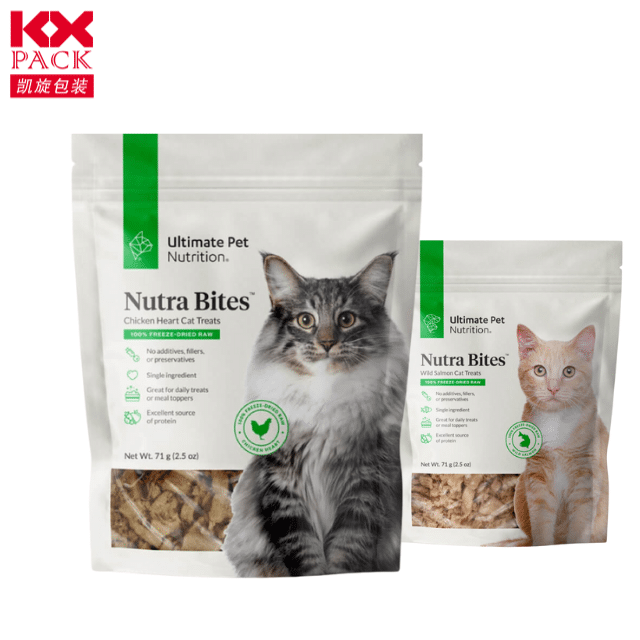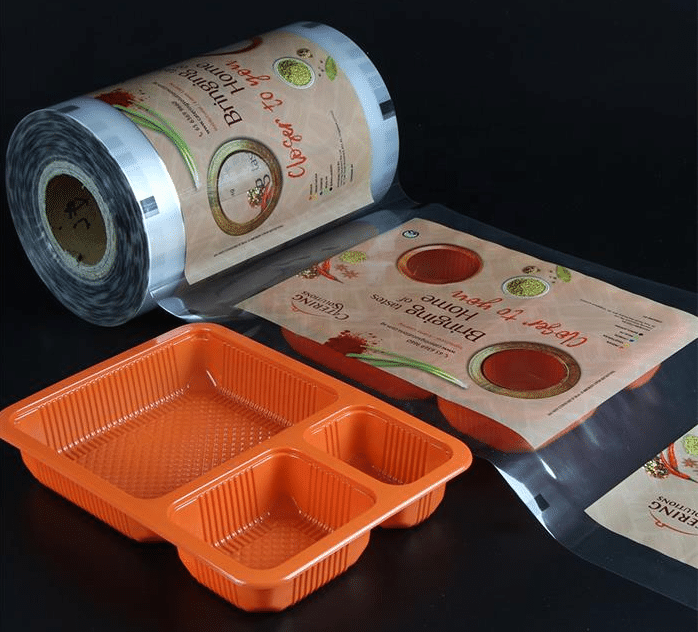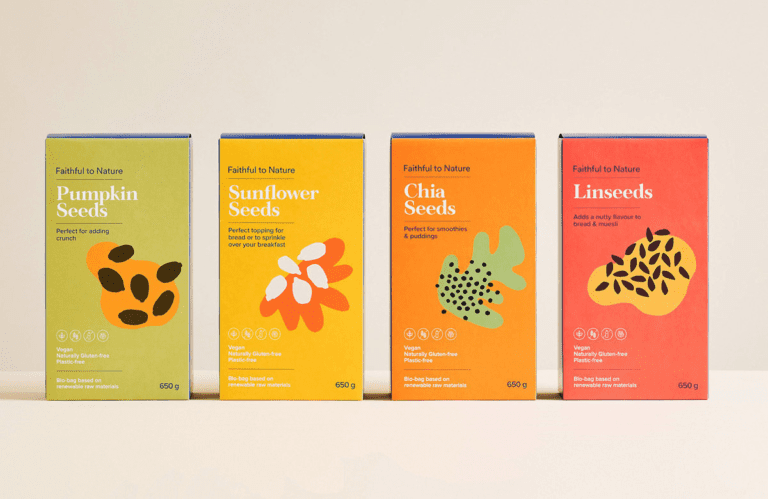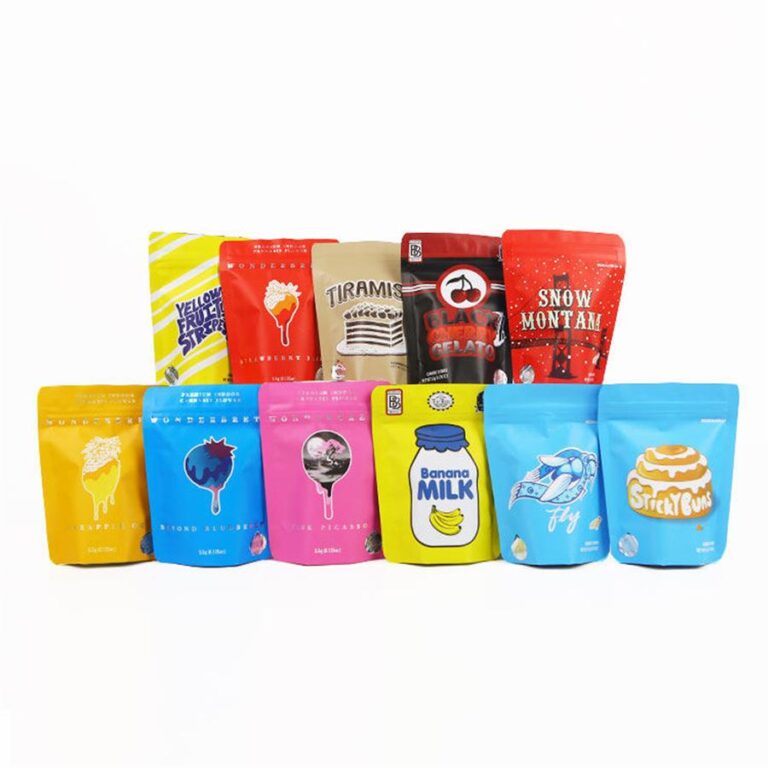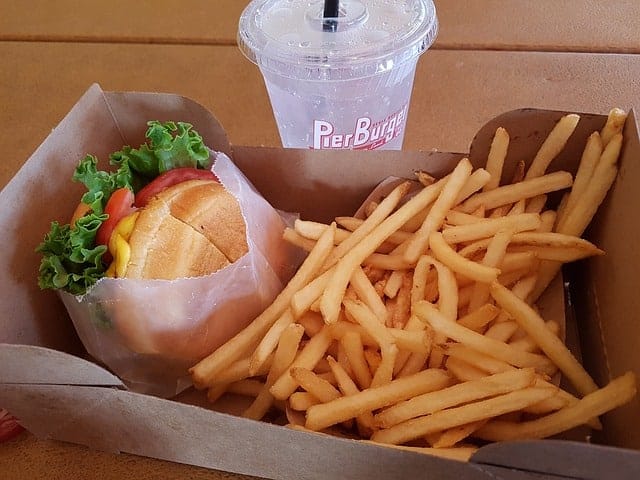Choosing the Ideal Vacuum-Sealed Food Packaging Bag
Choosing the Ideal Vacuum-Sealed Food Packaging Bag

Introduction:
Vacuum-sealed food packaging bags have gained popularity due to their ability to extend the shelf life of food products, preserve freshness, and prevent spoilage. Selecting the ideal vacuum-sealed food packaging bag is crucial to ensure product quality, safety, and optimal functionality. This article provides insights into the key factors to consider when choosing the ideal vacuum-sealed food packaging bag for your specific needs.
- Material selection for vacuum-sealed bags:
a. Oxygen barrier properties: Choosing packaging materials with excellent oxygen barrier properties to prevent oxygen from entering the package, thus maintaining food freshness and preventing oxidative reactions.
b. Moisture barrier properties: Considering packaging materials with effective moisture barrier properties to prevent moisture transfer, which can lead to degradation and spoilage of the packaged food.
c. Puncture resistance: Opting for packaging materials that offer high puncture resistance to minimize the risk of package damage during handling, transportation, and storage.
d. Transparent and flexible materials: Selecting materials that are transparent to allow for easy visibility of the packaged food and flexible to facilitate easy packaging and removal of air during the vacuum sealing process. - Size and capacity considerations:
a. Choosing the appropriate size: Selecting the size of the packaging bag based on the volume of the food item(s) to be packaged to minimize excess space within the bag and maximize the effectiveness of vacuum sealing.
b. Consideration for future use: Considering the potential need for repackaging or dividing larger quantities of food into smaller portions, ensuring that the chosen bag size allows for versatility and flexibility. - Ease of use and convenience:
a. Sealability: Ensuring that the vacuum-sealed bag is easy to seal and that the seal remains airtight and secure throughout the shelf life of the product.
b. Resealable options: Considering packaging bags with resealable features, such as zip-top closures or heat-sealable properties, allowing for easy access to the packaged food while maintaining freshness and preventing air leakage.
c. Compatibility with sealing equipment: Verifying that the selected packaging bag is compatible with the vacuum sealing equipment you plan to use, ensuring proper vacuum sealing and airtightness. - Safety and quality assurance:
a. Food-grade materials: Verifying that the chosen packaging bag is made from food-grade materials that are safe for direct food contact and compliant with relevant regulations and standards.
b. BPA-free and non-toxic: Prioritizing packaging bags that are BPA-free and free from harmful chemicals, ensuring the safety and integrity of the packaged food.
c. Resistance to temperature and freezer storage: Considering packaging bags that can withstand refrigeration and freezer storage without compromising their structural integrity or food quality. - Sustainability considerations:
a. Eco-friendly materials: Opting for vacuum-sealed bags made from sustainable and environmentally friendly materials, such as recyclable or biodegradable options, to minimize environmental impact.
b. Packaging waste reduction: Choosing packaging bags that allow for easy disposal and recycling, reducing overall packaging waste and promoting a circular economy.
Conclusion:
Choosing the ideal vacuum-sealed food packaging bag requires careful consideration of various factors, including material selection, size and capacity, ease of use, safety and quality assurance, and sustainability. By prioritizing oxygen and moisture barrier properties, opting for appropriate sizes, considering ease of use and convenience features, ensuring safety and quality, and considering sustainable options, you can select packaging bags that effectively preserve the freshness and quality of your food products. Making informed choices in vacuum-sealed food packaging bags will contribute to food safety, customer satisfaction, and a more sustainable packaging industry.
contact our food packaging experts


